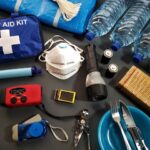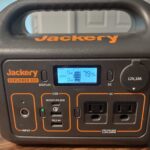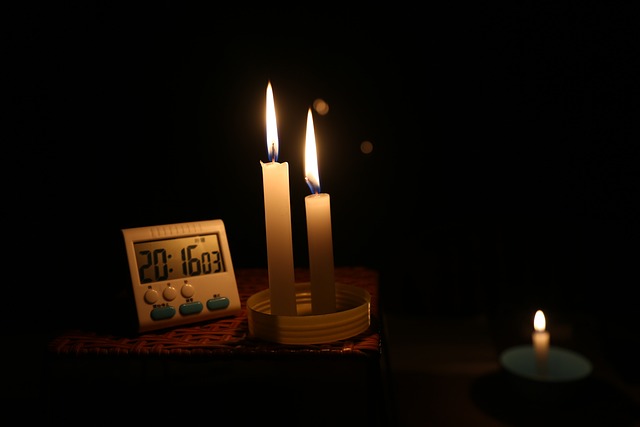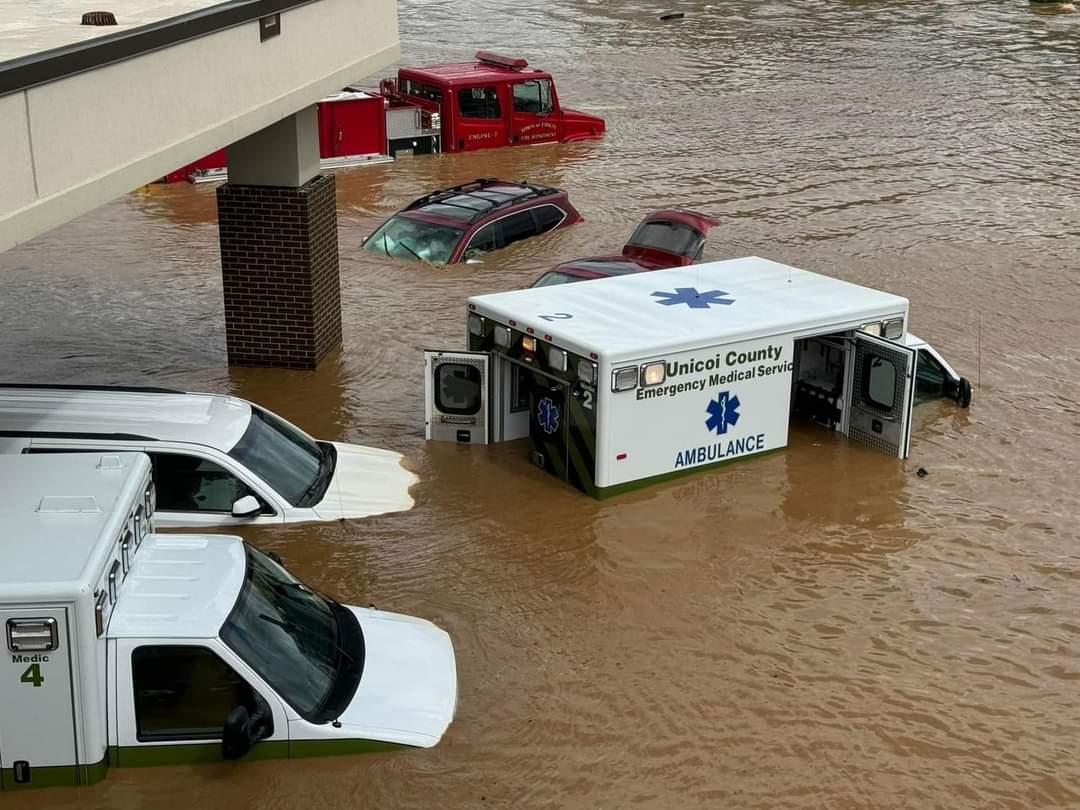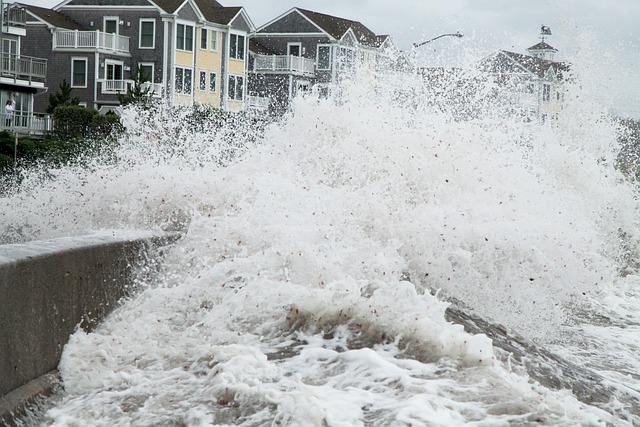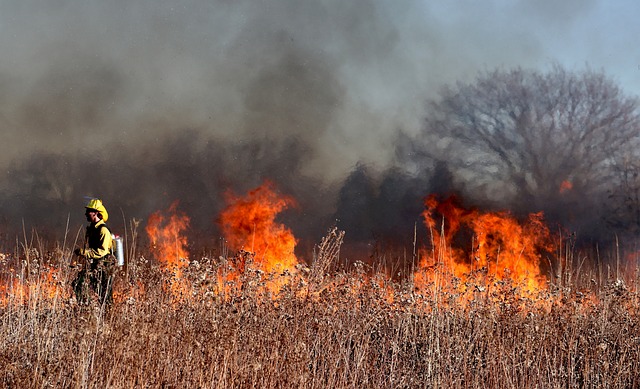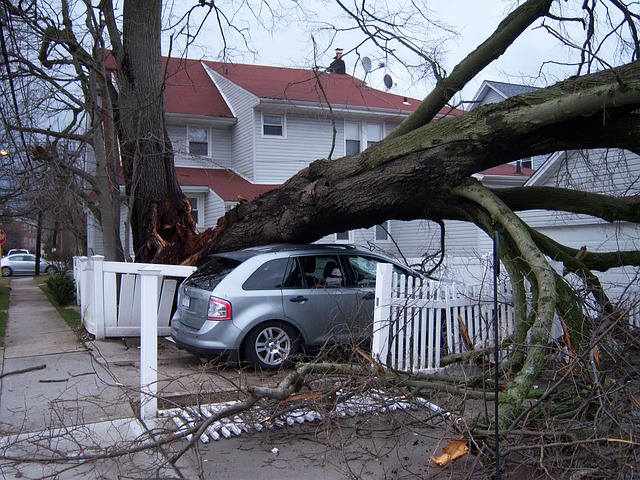
Problem: Power Outage
Scope: Local, Regional
Impact: Minor
Dangers (not limited to): Personal Injury, Building Fires, Vandalism, Communications Outage
Preps (not limited to): Plan, Alternative Energy Source, Stock up on supplies, Home Security
Not every crisis is a catastrophic widespread emergency. It is still important to be prepared for even a simple power outage at home. Power outages can happen at any time, and they can be caused by various factors such as severe weather conditions, faulty electrical systems, or even human error. Regardless of the cause, a power outage can pose several dangers, especially if you’re not prepared. In this blog, we will discuss the common causes of power outages, the risks they pose, and some tips on how to prepare for them.
Causes of Power Outages
Power outages can be caused by several factors, including:
- Severe weather conditions such as thunderstorms, hurricanes, or snowstorms can bring down power lines or damage electrical equipment, leading to power outages.
- Faulty electrical systems, such as overloaded circuits or outdated infrastructure, can cause power outages.
- Human error, such as accidents or construction work that interferes with electrical systems, can cause power outages.
- Cyberattacks or physical attacks on power grids can cause widespread power outages.
Dangers of Power Outages
Power outages can pose several dangers, especially if you’re not prepared. Some of the potential risks include:
- Food spoilage: A power outage can cause your refrigerated or frozen food to spoil, leading to potential health risks.
- No access to essential services: A power outage can disrupt essential services such as heating, cooling, or medical equipment, which can be life-threatening in some cases.
- Security risks: A power outage can lead to security risks such as burglaries or other criminal activities.
- Communication breakdown: A power outage can disrupt communication lines, making it difficult to receive important updates or call for help.
- Business interruptions: A power outage can disrupt business operations, causing financial losses.
Preparing for a Power Outage
Here are some tips on how to prepare for a power outage:
- Have an emergency kit: Your emergency kit should include items such as flashlights, batteries, a first-aid kit, non-perishable food, and bottled water.
- Backup power source: Consider purchasing a gasoline generator, or a Jackery and solar panels to provide backup power during an outage.
- Keep important documents safe: Keep important documents such as passports, medical records, and insurance policies in a safe and easily accessible place.
- Have a communication plan: Have a communication plan in place with your family and friends, including a designated meeting place in case you lose contact.
- Unplug appliances: Unplug appliances to avoid power surges when power is restored.
- Stay informed: Stay updated on weather conditions and power outage alerts through local news or social media.
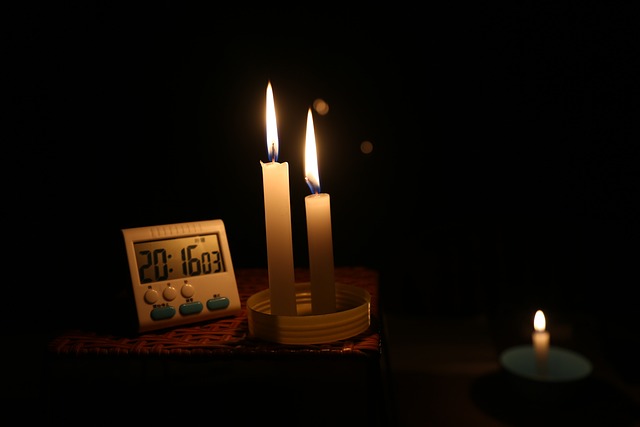
Power Outage Emergency Kit
An emergency kit for a power outage at home should include items that can help you stay safe, comfortable, and fed during the outage. Here are some of the essential items to include:
- Flashlights or lanterns: When the power goes out, you’ll need a reliable source of light to navigate your home safely. Make sure to include extra batteries or a solar charger to keep your lights powered.
- Battery-powered or hand-crank radio: A radio can help you stay informed about the situation and any updates from authorities.
- Non-perishable food and water: During a power outage, your refrigerator and freezer will be out of commission, so you’ll need non-perishable food that doesn’t require cooking. Make sure to include at least a gallon of water per person per day.
- Manual can opener: If you’re relying on non-perishable food, you’ll need a manual can opener to open the cans.
- First aid kit: Power outages can be dangerous, so it’s essential to have a first aid kit with bandages, antiseptic, and other medical supplies.
- Cash: In case the power outage affects ATMs or credit card machines, it’s a good idea to have cash on hand.
- Portable phone charger: A power outage can leave your phone dead, so it’s a good idea to have a portable charger to keep your phone powered.
- Warm clothing and blankets: Without power, your home may get cold, so it’s essential to have warm clothing and blankets to stay comfortable.
- Personal hygiene items: Include toiletries like toilet paper, hand sanitizer, and wet wipes to maintain personal hygiene.
- Emergency contact information: Keep a list of emergency contact information, including phone numbers for the utility company, police, fire department, and other emergency services.
- Backup power source: Consider purchasing a gasoline generator, or a Jackery and solar panels to provide backup power during an outage.
By preparing an emergency kit with these essential items, you can be better prepared for a power outage at home and stay safe, comfortable, and fed until the power is restored.
In conclusion, power outages can happen at any time and can pose several dangers if you’re not prepared. By taking the necessary precautions and having a plan in place, you can ensure the safety and well-being of you and your family during a power outage.
It is our mission to educate, equip, and empower everyday ordinary civilians to understand, prepare for, and survive any emergency they face. We cannot rely on the government to take care of us. We must take it upon ourselves to provide for and protect ourselves and our families.
Note: I am an affiliate with Amazon and may receive a commission from products purchased from Amazon. This helps me continue to put out emergency preparedness information for you.
